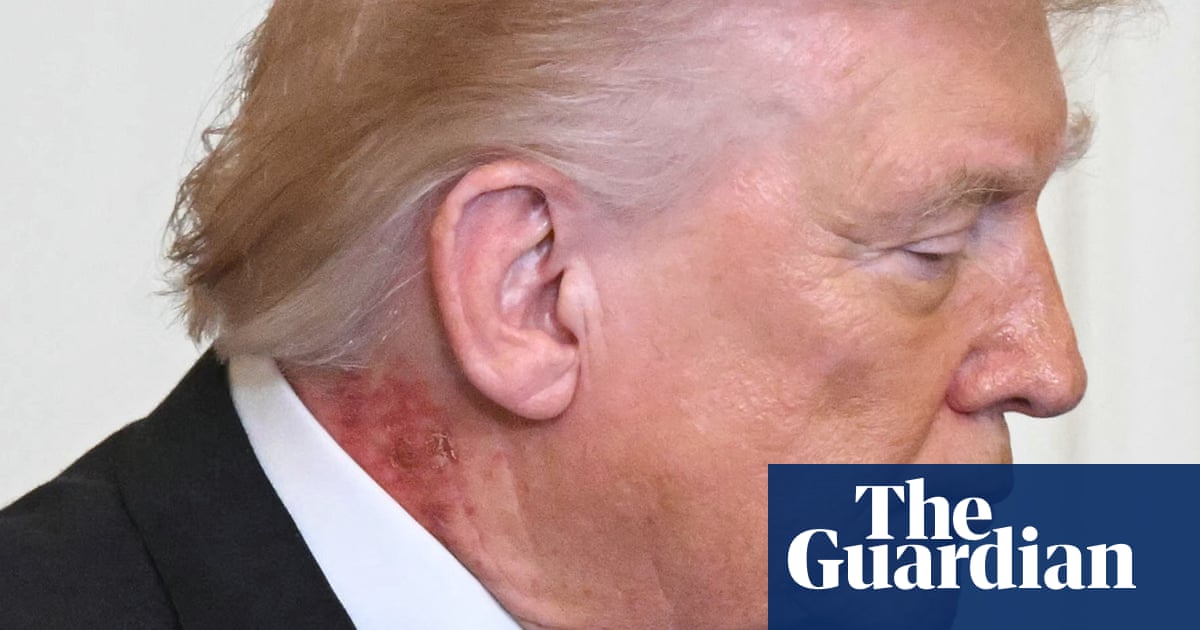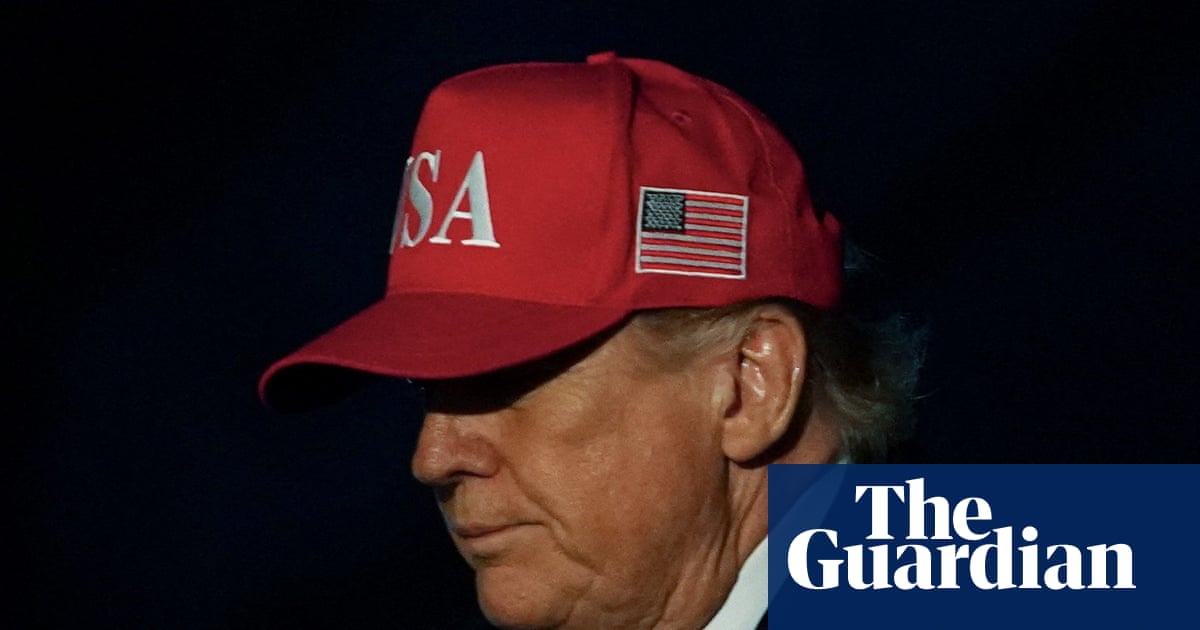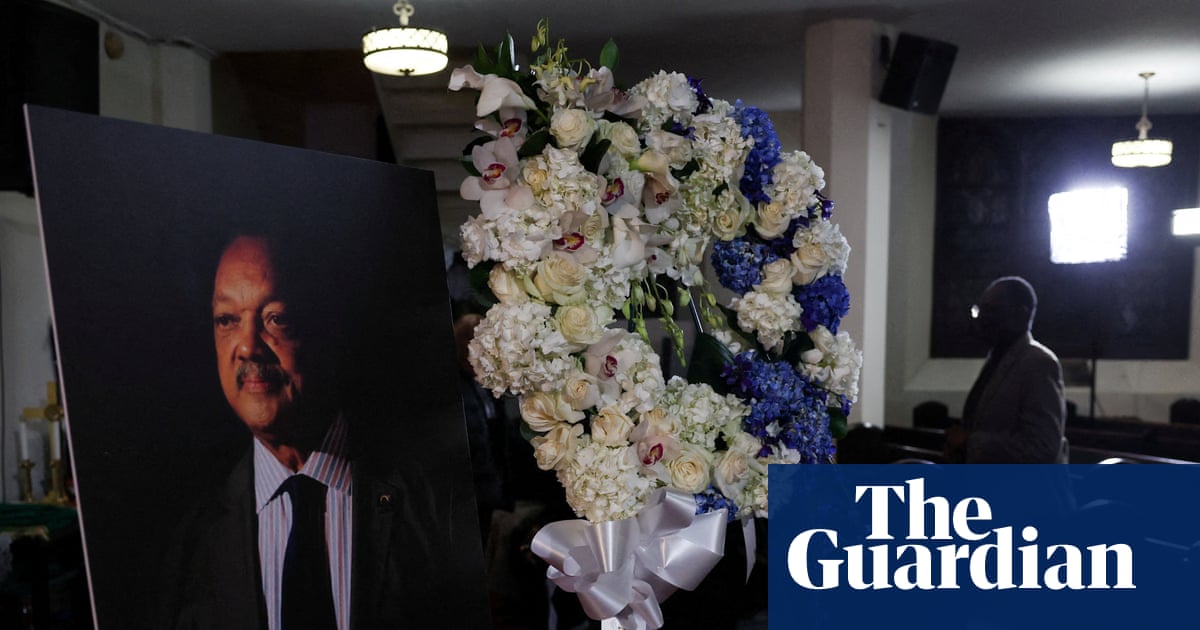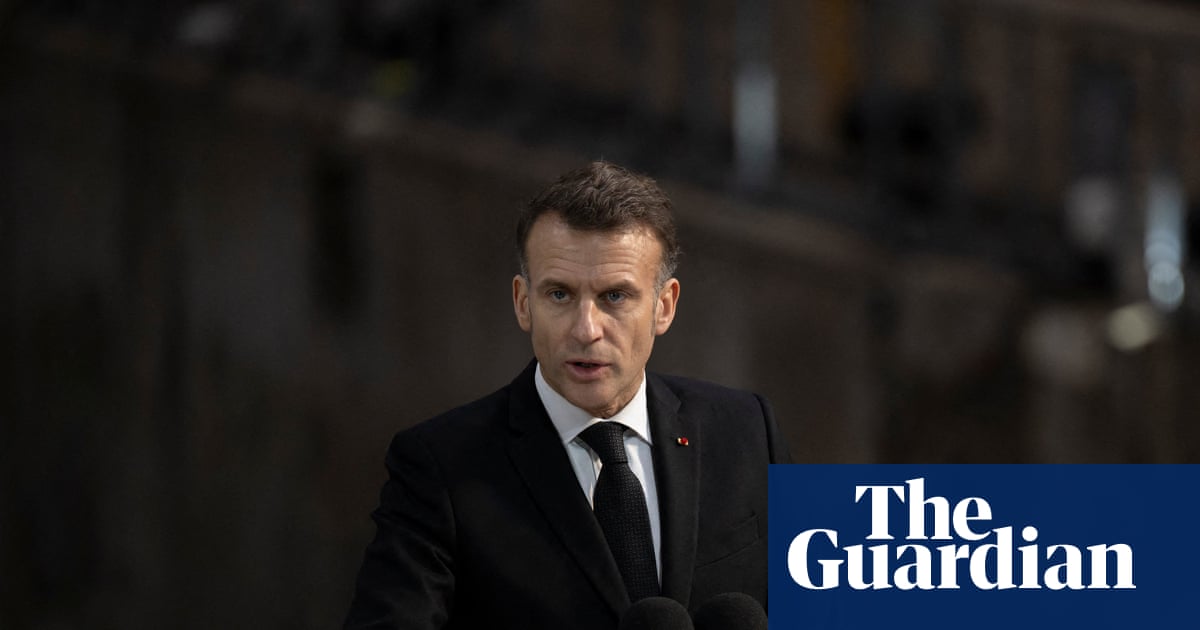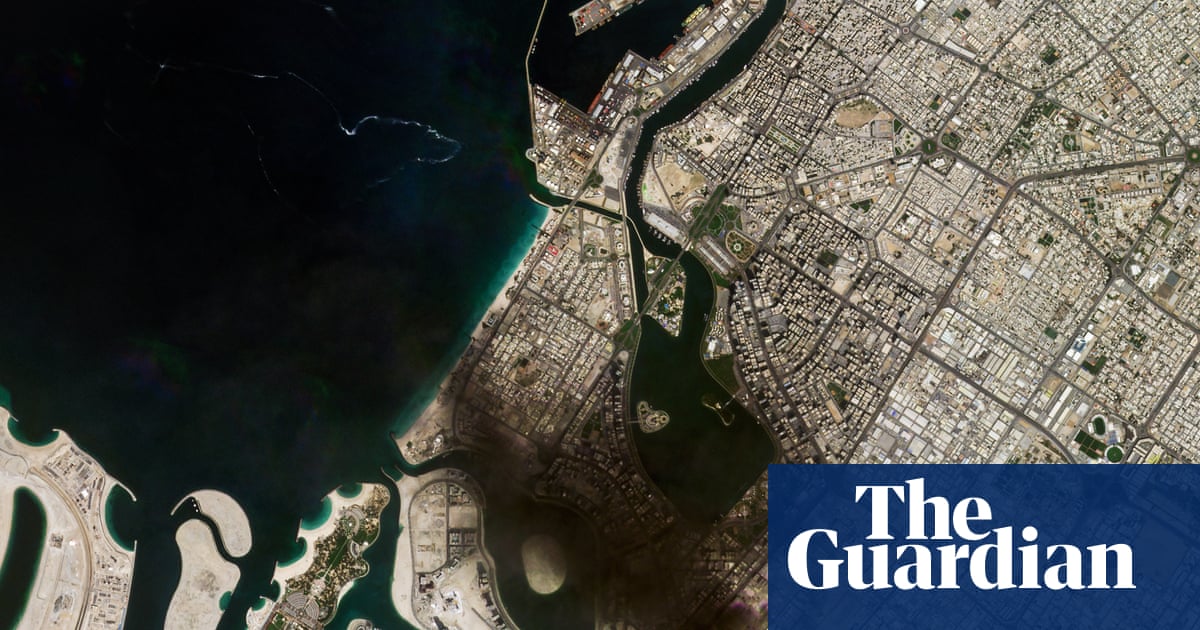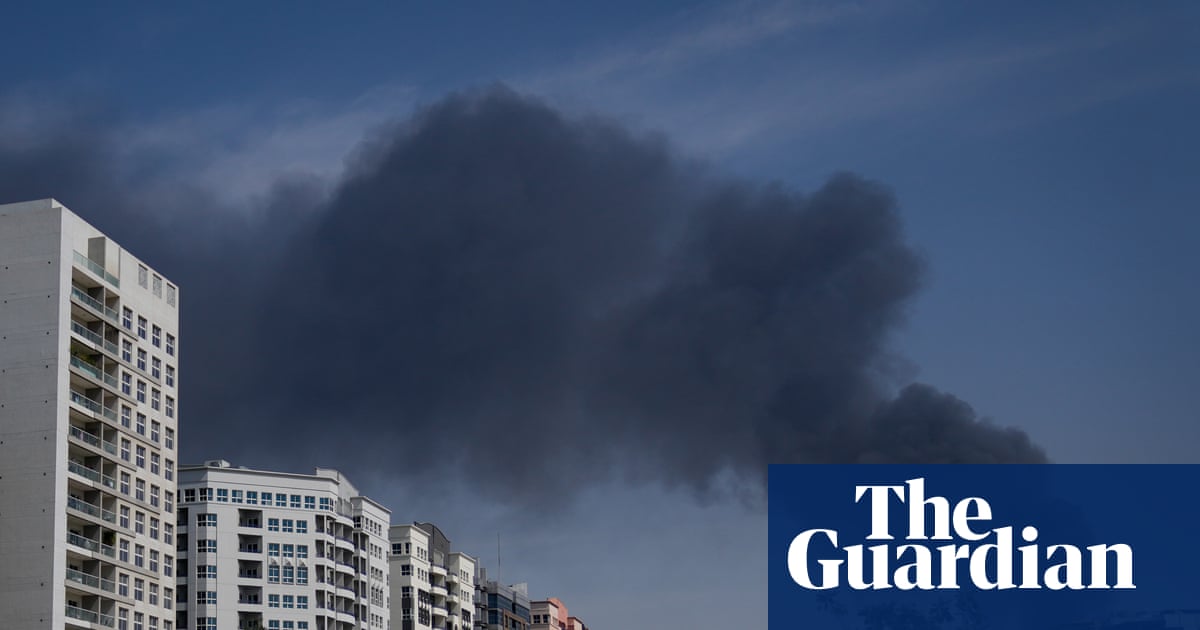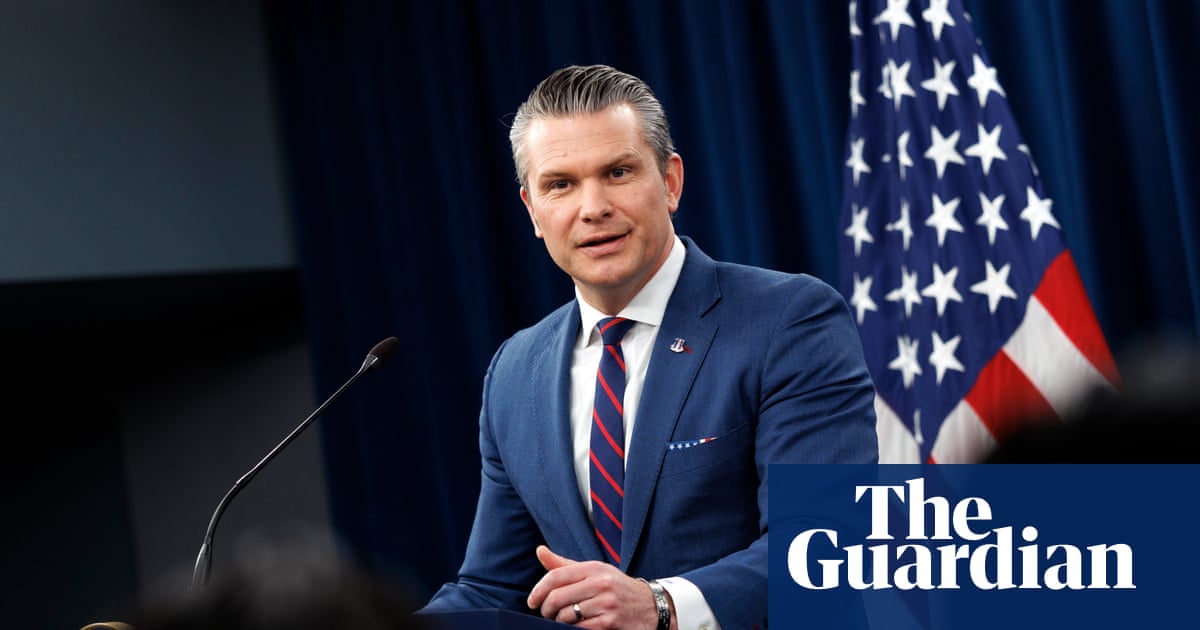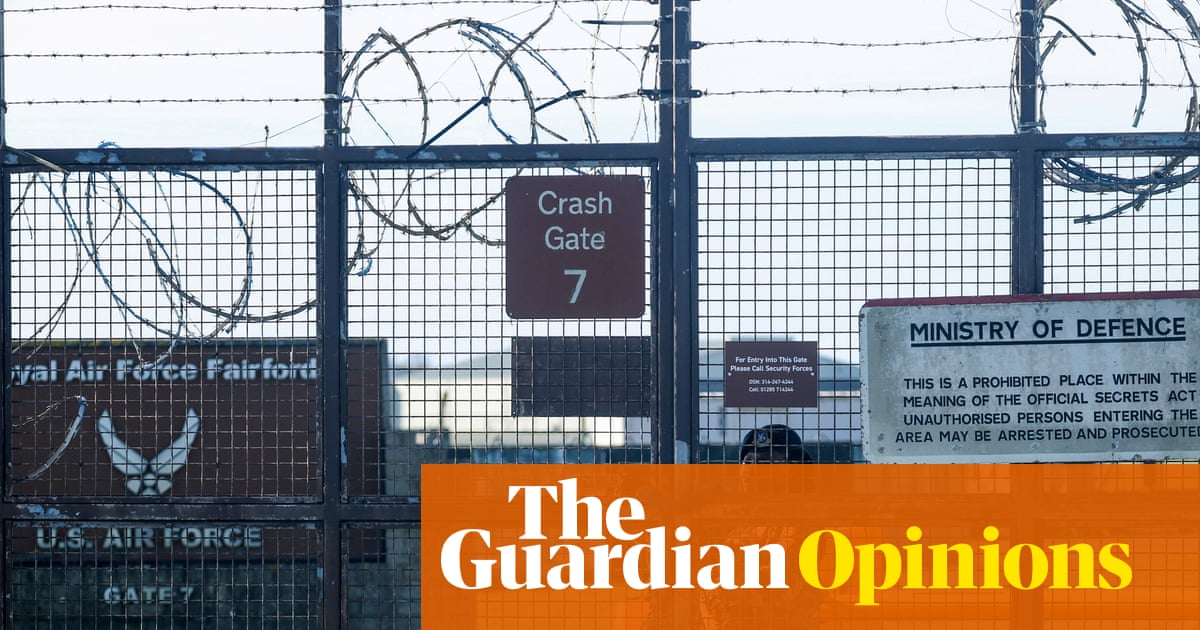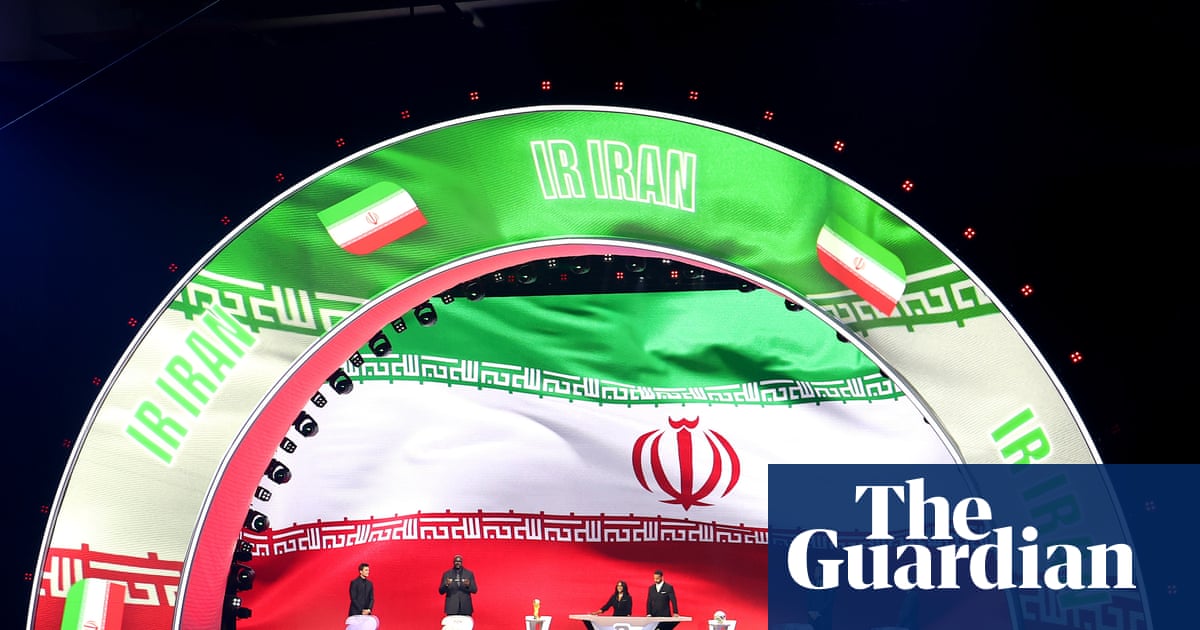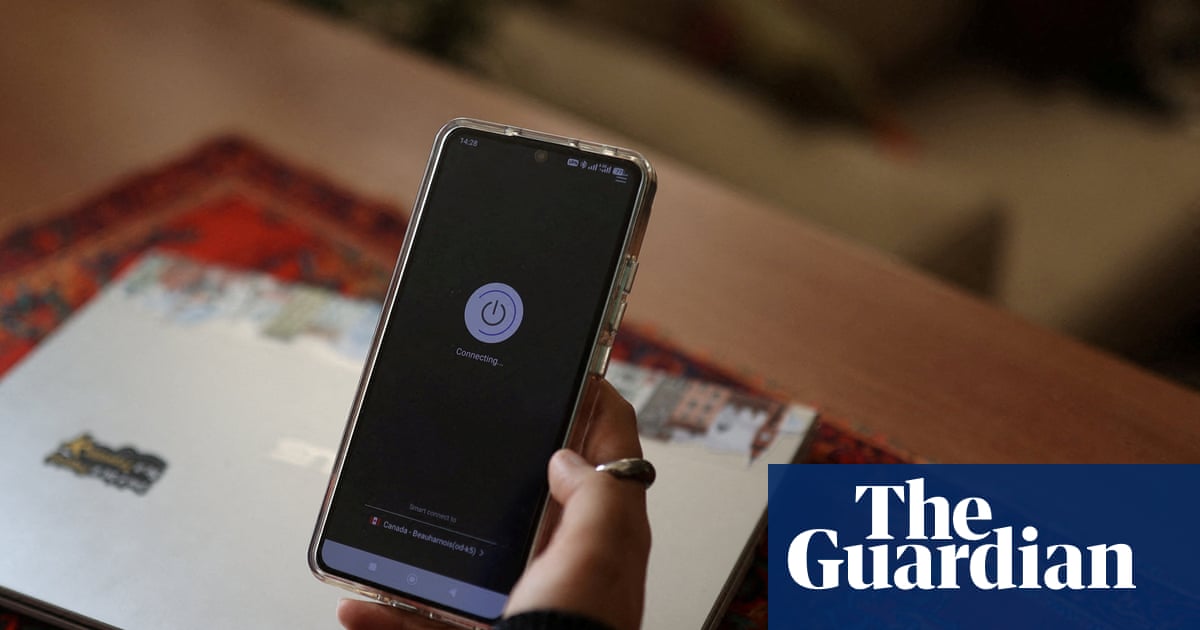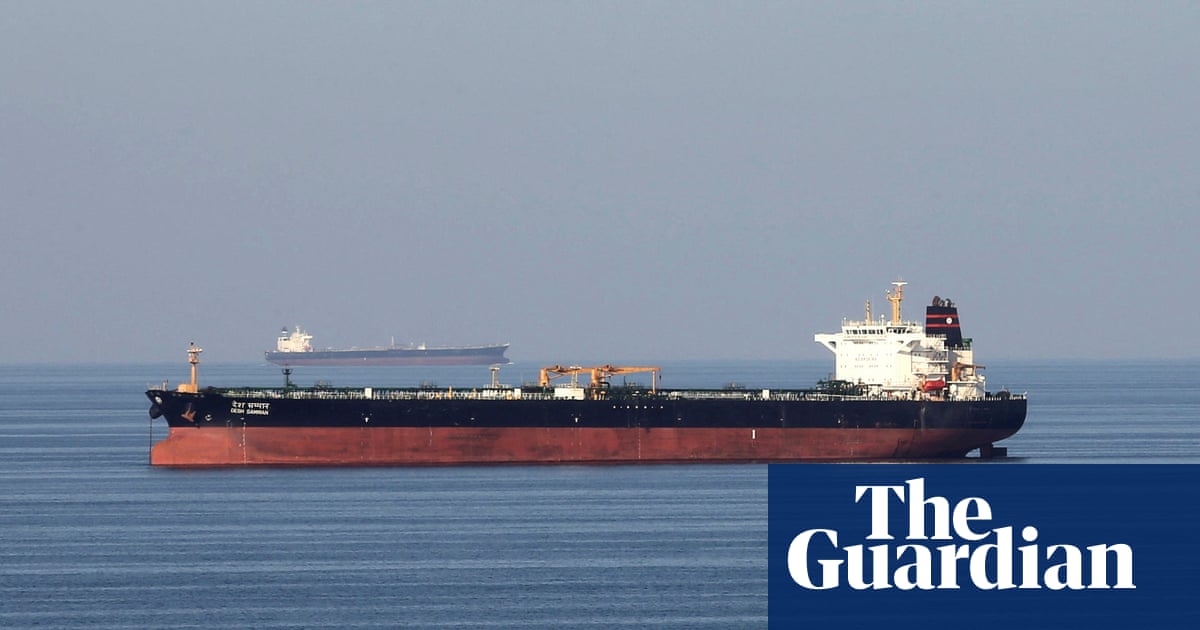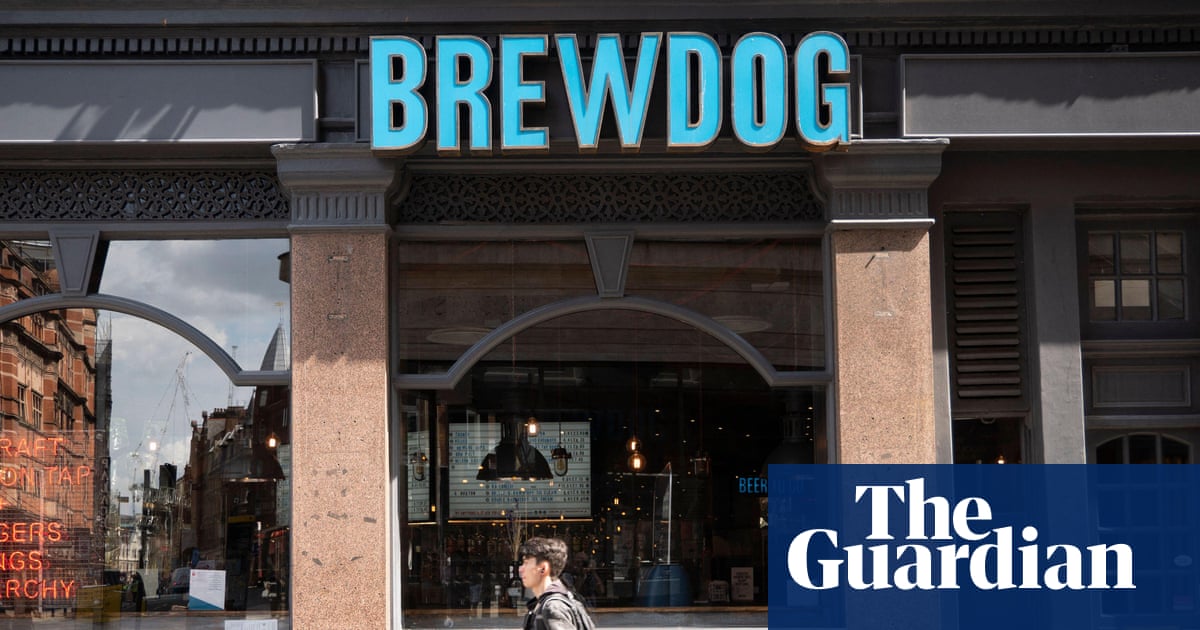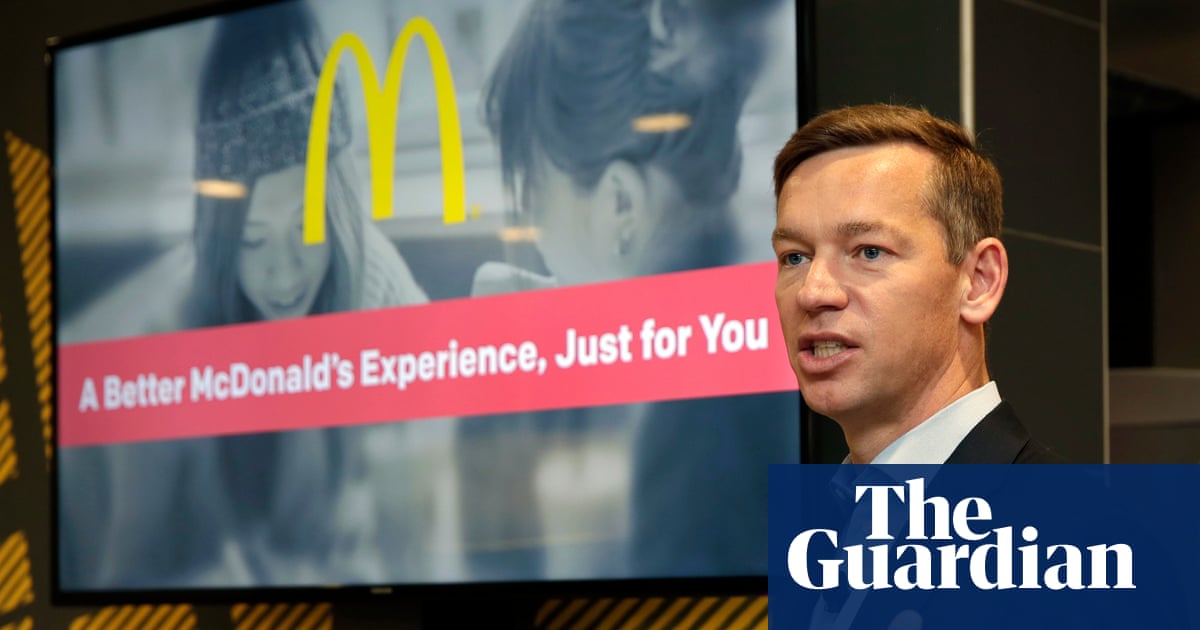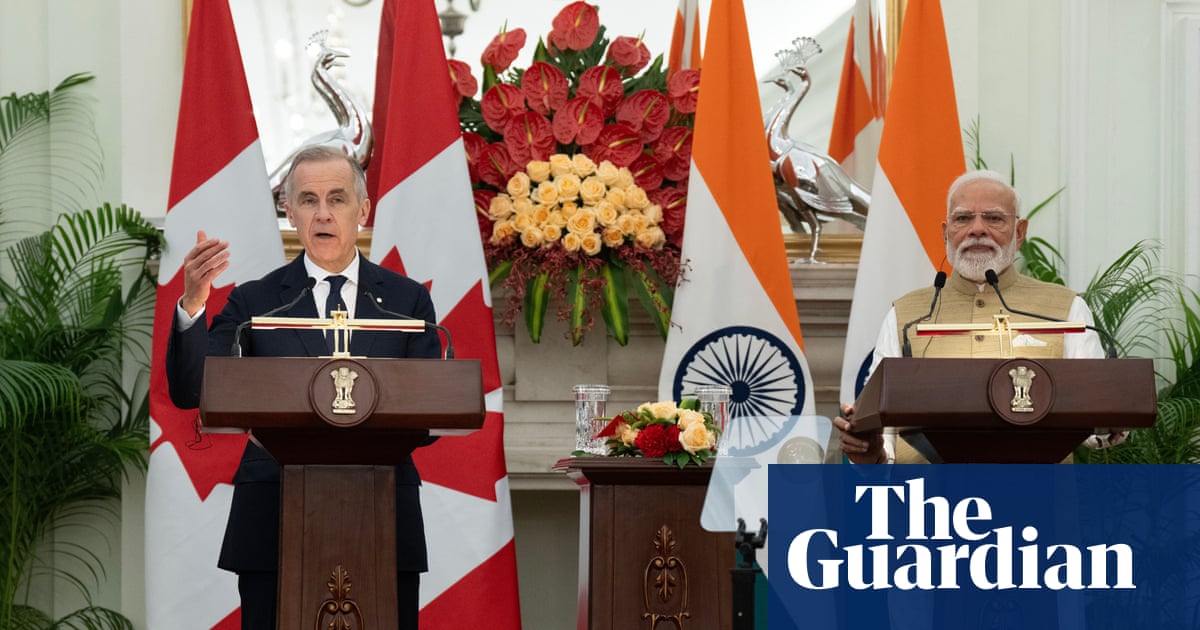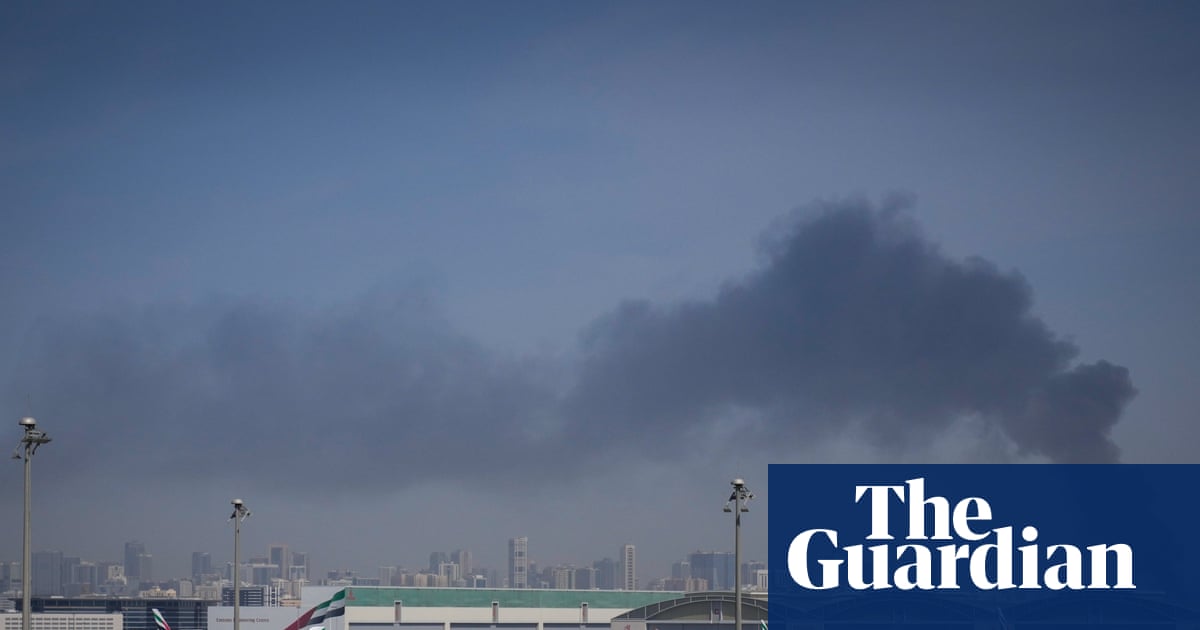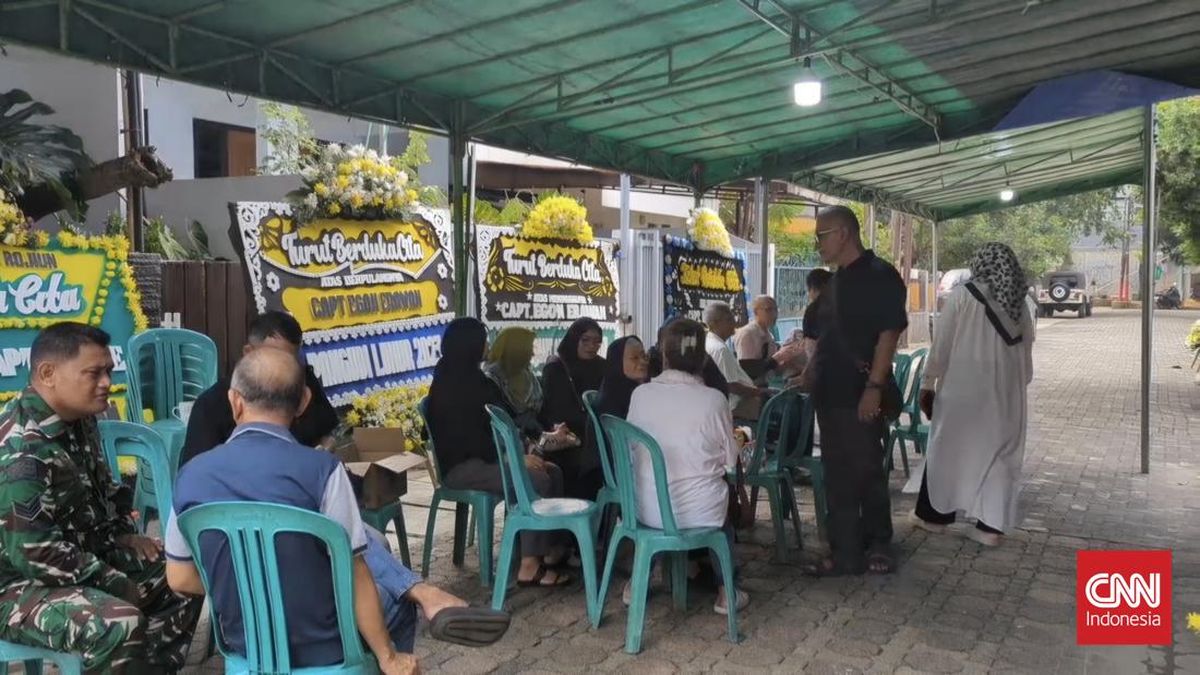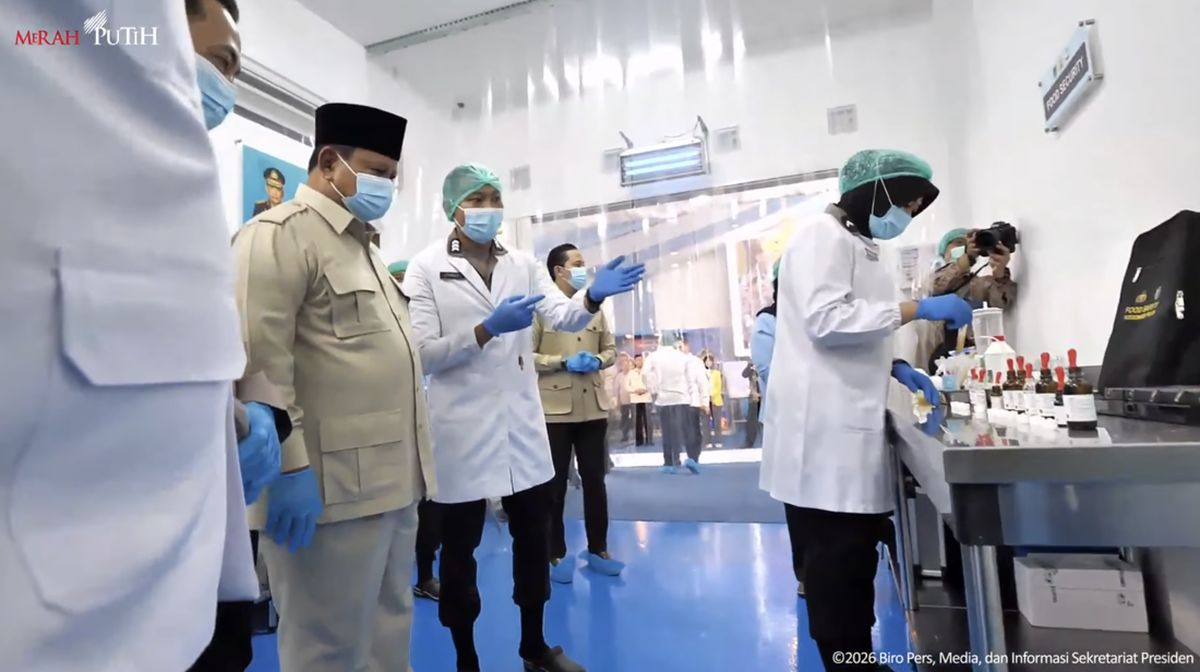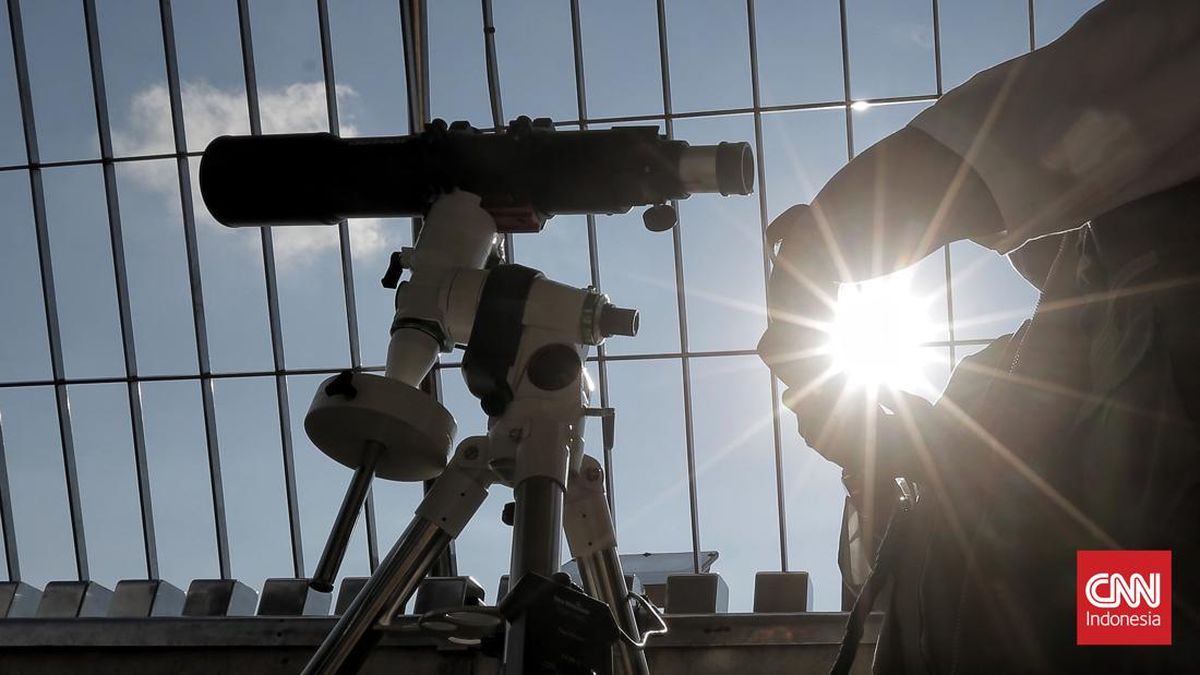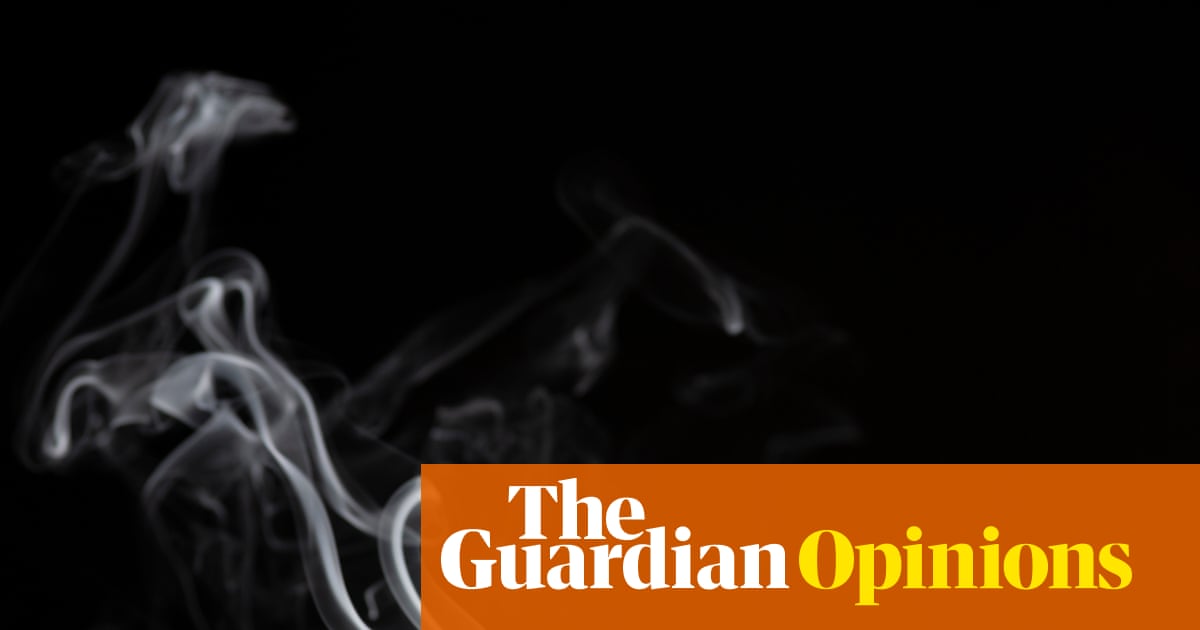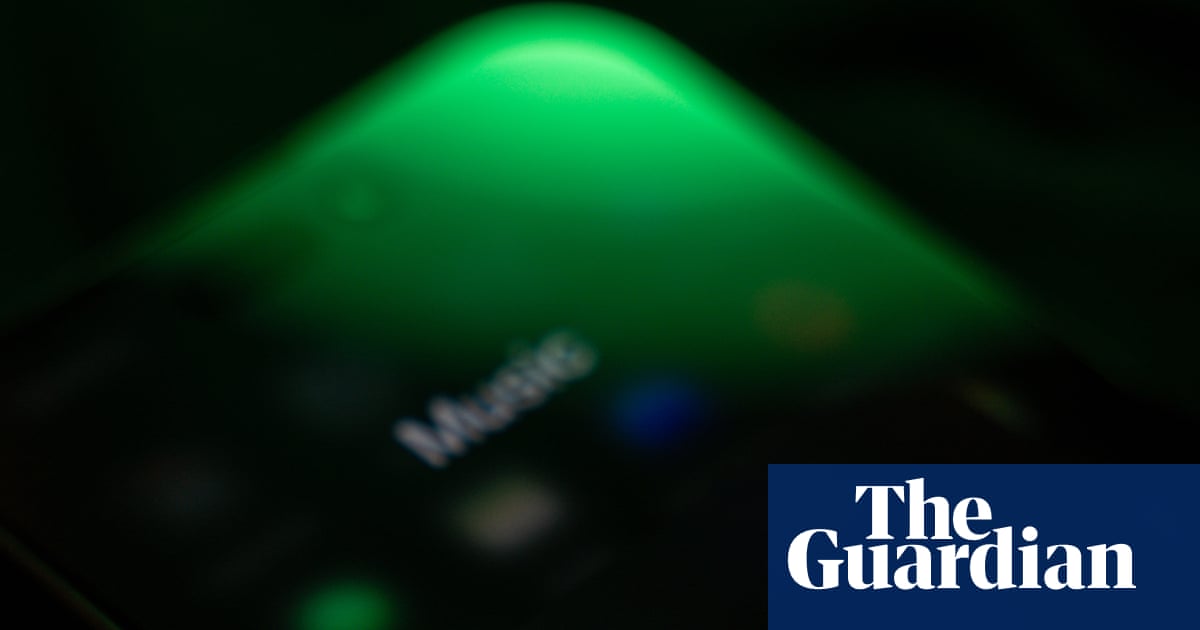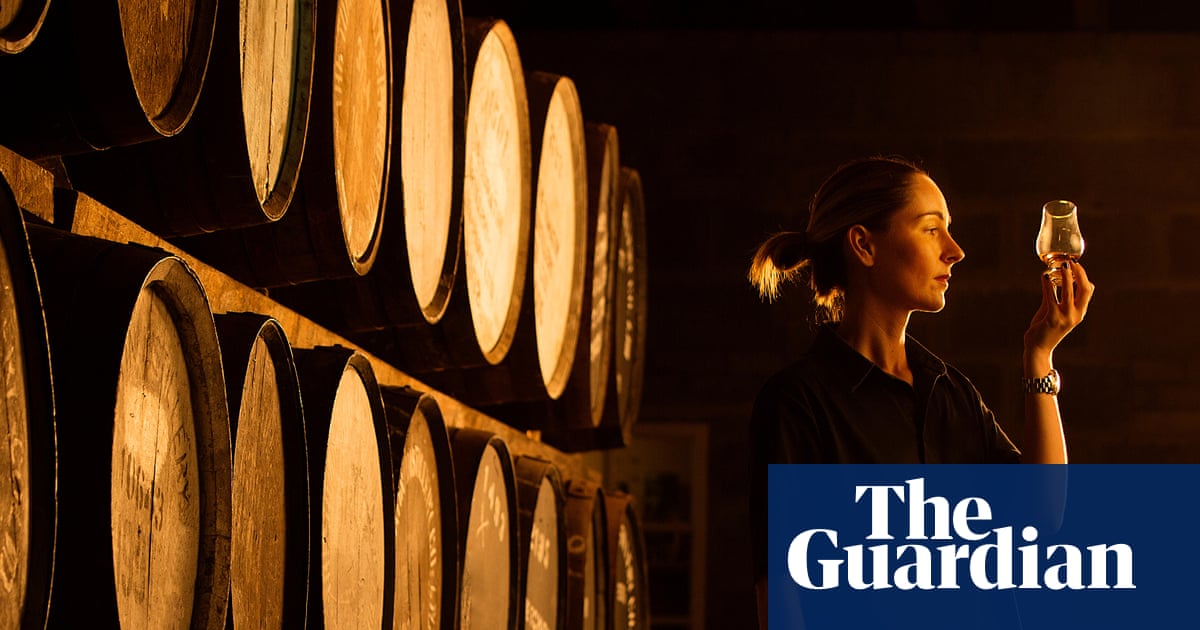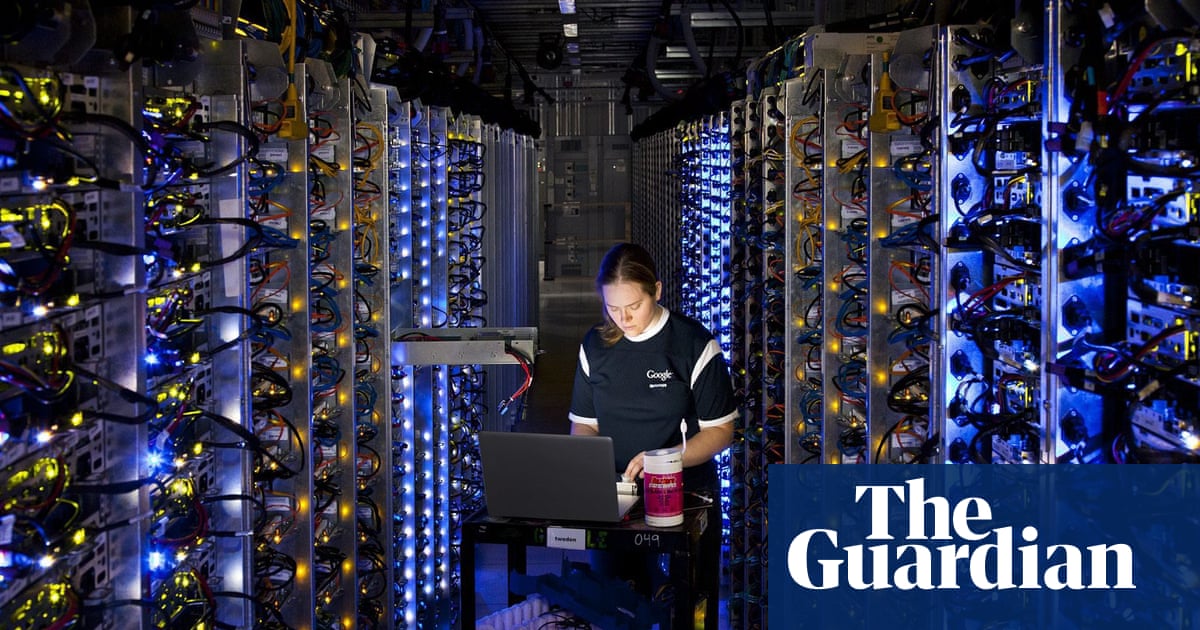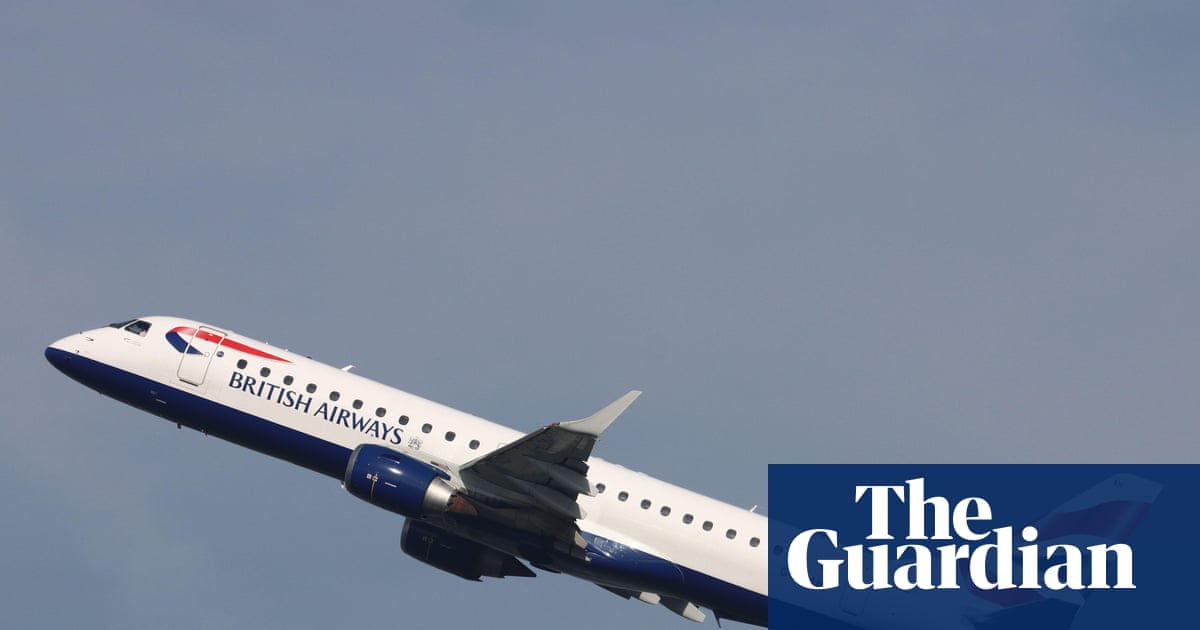Carlos Mazón, the embattled president of the eastern Spanish region of Valencia, has bowed to public fury and political pressure by resigning over his botched handling of the deadly floods that killed 229 people in the area just over a year ago.
Mazón, a member of the conservative People’s party (PP), had hung on despite calls for him to stand down after it emerged that he spent more than three hours having lunch with a journalist as the floods hit and people were drowning in their homes, garages and cars.
His stubborn refusal to quit had prompted a series of massive demonstrations across Valencia, many under the slogan: “Mud on our hands, blood on his”. A recent survey found that 75% of Valencians believed Mazón should quit.
But on Monday, Mazón yielded to the inevitable and announced that he would abandon the regional presidency.
“I can’t go on anymore,” he told reporters after a speech in which he fiercely criticised the national government’s response to the crisis. He did not say if he was calling a snap election, nor clarify whether he was also quitting his seat in the regional assembly - which would end his parliamentary immunity - nor who his interim successor will be.
Mazón had previously insisted there was “no government in the world that has the tools to alter, stop or avoid an episode of torrential rains that end up pummelling historical rainfall records in a given area at a given time”.
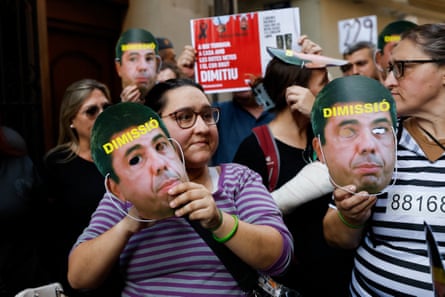
He had also said he kept up to date with the developing situation by phone while having lunch with the journalist, Maribel Vilaplana.
But anger over his administration’s response to the crisis – not least the fact that an emergency alert was not sent to people’s mobile phones until after 8pm on the day of the floods – came to a head at the state memorial service for the victims in Valencia last Wednesday.
Mazón arrived at the service, held on the first anniversary of the disaster, to be greeted with shouts of “murderer”, “coward”, and “you should be in prison”.
Speaking earlier that day, he had acknowledged “there were things that should have worked better”.
A congressional inquiry into the events of 29 October 2024 is under way, as is an investigation by a judge in Valencia to determine whether there is evidence of crimes of reckless homicide and injury, caused by negligence, that may have led to avoidable deaths.
Vilaplana has released a statement confirming that the lunch began at 3pm and lasted until 6.30pm or 6.45pm, but has said she had not been aware of the gravity of the situation unfolding across the region.
“At some point during the meal, the president began receiving calls that repeatedly interrupted our conversation,” she said. “I remained in the restaurant, completely unaware of these communications. I didn’t ask questions, participate, or even learn about their content, and the president never expressed any concerns to me about them.”
The journalist is due to testify before the judge in Valencia on Monday.
Mazón had initially said he arrived at the crisis response headquarters, or Integrated Operational Coordination Centre (Cecopi), after 7pm that day. The alert was finally sent at 8.11pm, by which time most of the victims had drowned.
after newsletter promotion
Mazón later clarified that he had not arrived at Cecopi until 8.28pm – almost 20 minutes after the belated warning was issued – but said he had not changed his version of events. “I don’t get this thing about changing my version,” he said. “Obviously 8.28pm is after 7.30pm. That’s factual.”
It remains unclear what Mazón was doing between the end of lunch and his arrival at the control centre.
At the beginning of October, the investigating judge, Nuria Ruiz Tobarra, refused to shelve the investigation into the actions of Mazón’s then justice and interior minister, Salomé Pradas.
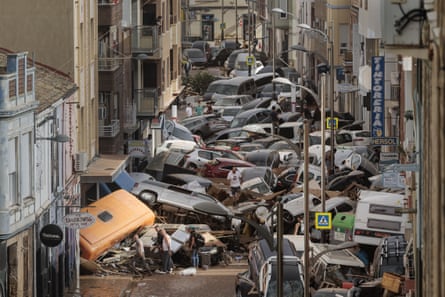
Ruiz Tobarra has described the natural disaster as “a Dantesque episode, a real hell of destruction, death and finally darkness”. She has also said there was “overwhelming evidence of negligent conduct”, adding that there had been “an obvious delay” in calling a meeting of the Cecopi, as well as an “unbearable delay in sending alerts to people”.
She said there was evidence to suggest “gross negligence” in the case, “taking into account not only the extremely serious fatal outcome, but also the slowness in adopting the measures and their erroneous nature”.
Pradas, meanwhile, has insisted she acted “in the best possible way” as she attempted to respond to the crisis. But she has also admitted having no experience in dealing with emergencies until she was appointed interior minister three months before the floods.
“I’d had no institutional or political post related to emergencies until that moment,” she told the court this year.
It has also emerged that Mazón’s vice-president, Susana Camarero, left a Cecopi meeting to attend an awards ceremony late on the afternoon of 29 October 2024.

 3 months ago
60
3 months ago
60

